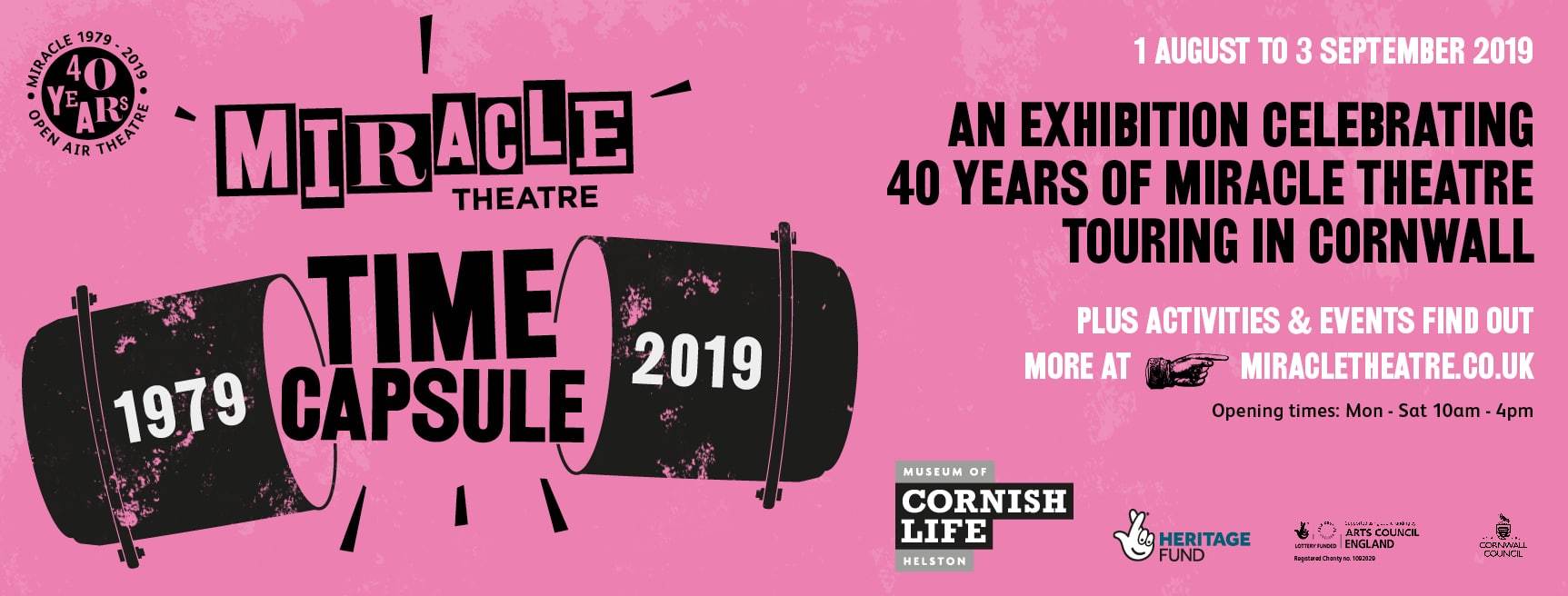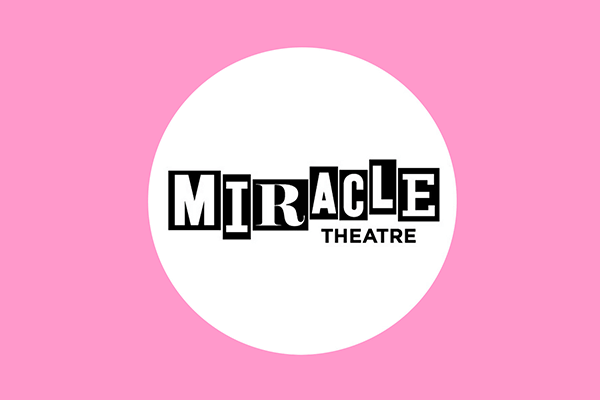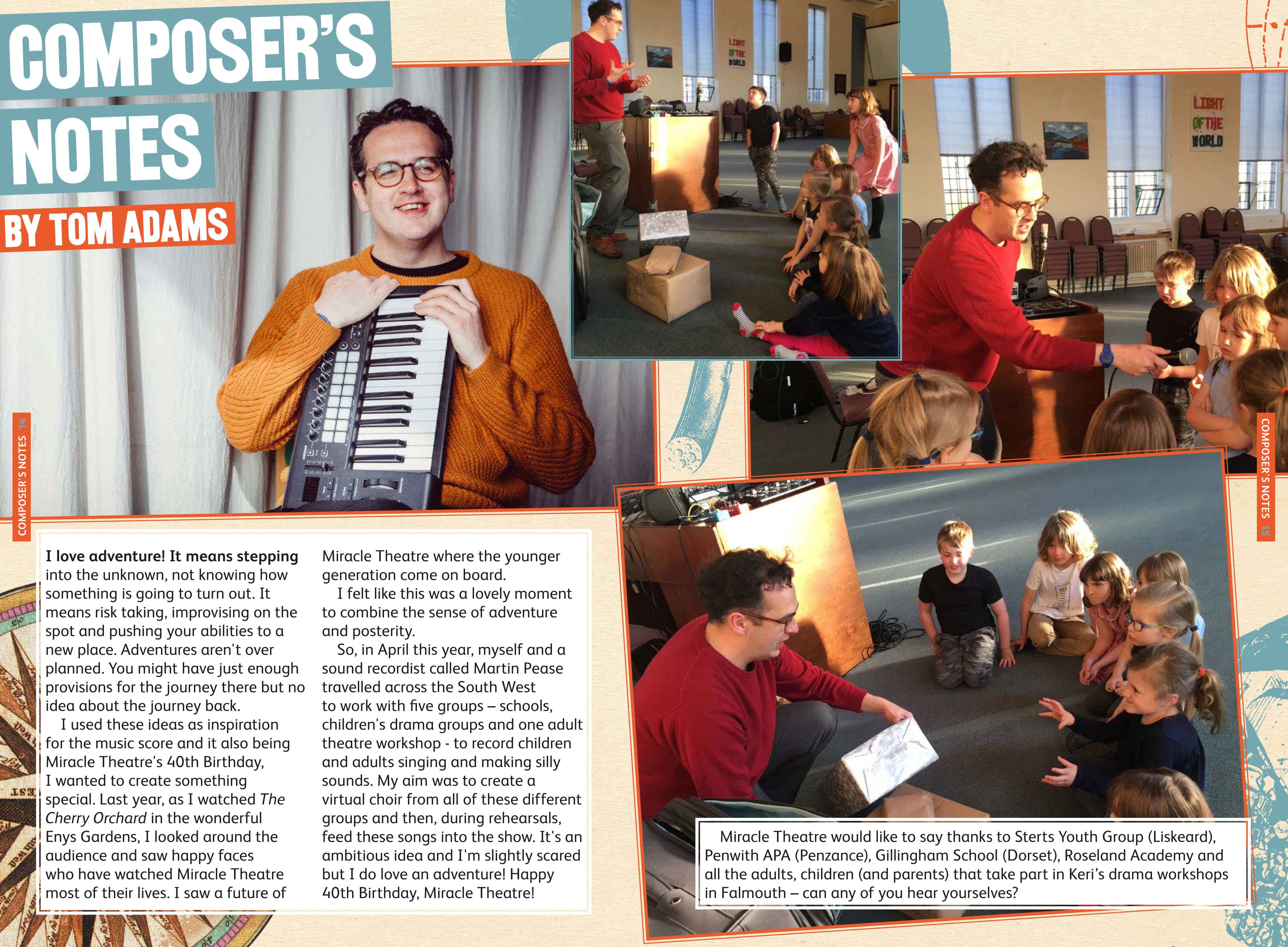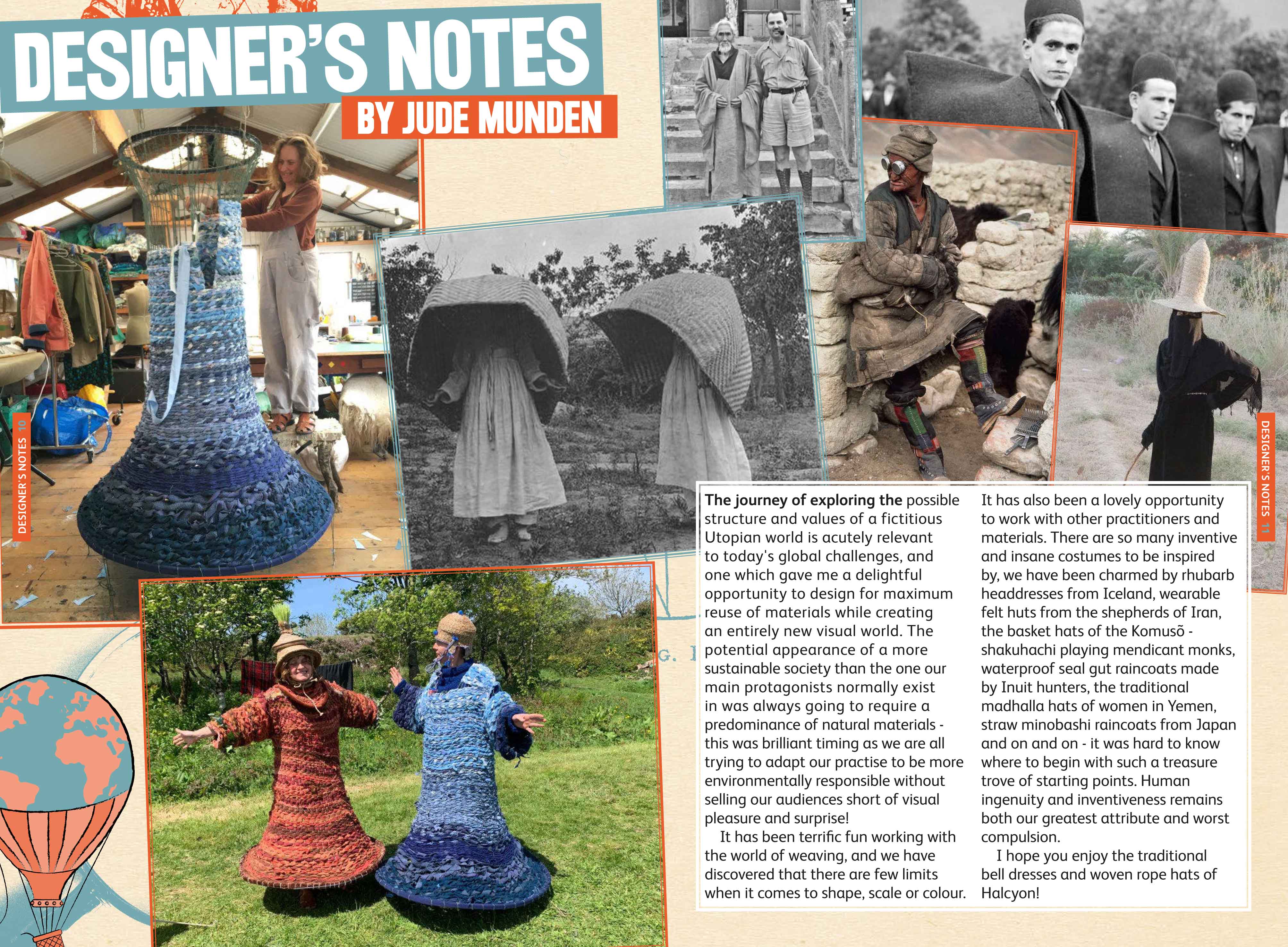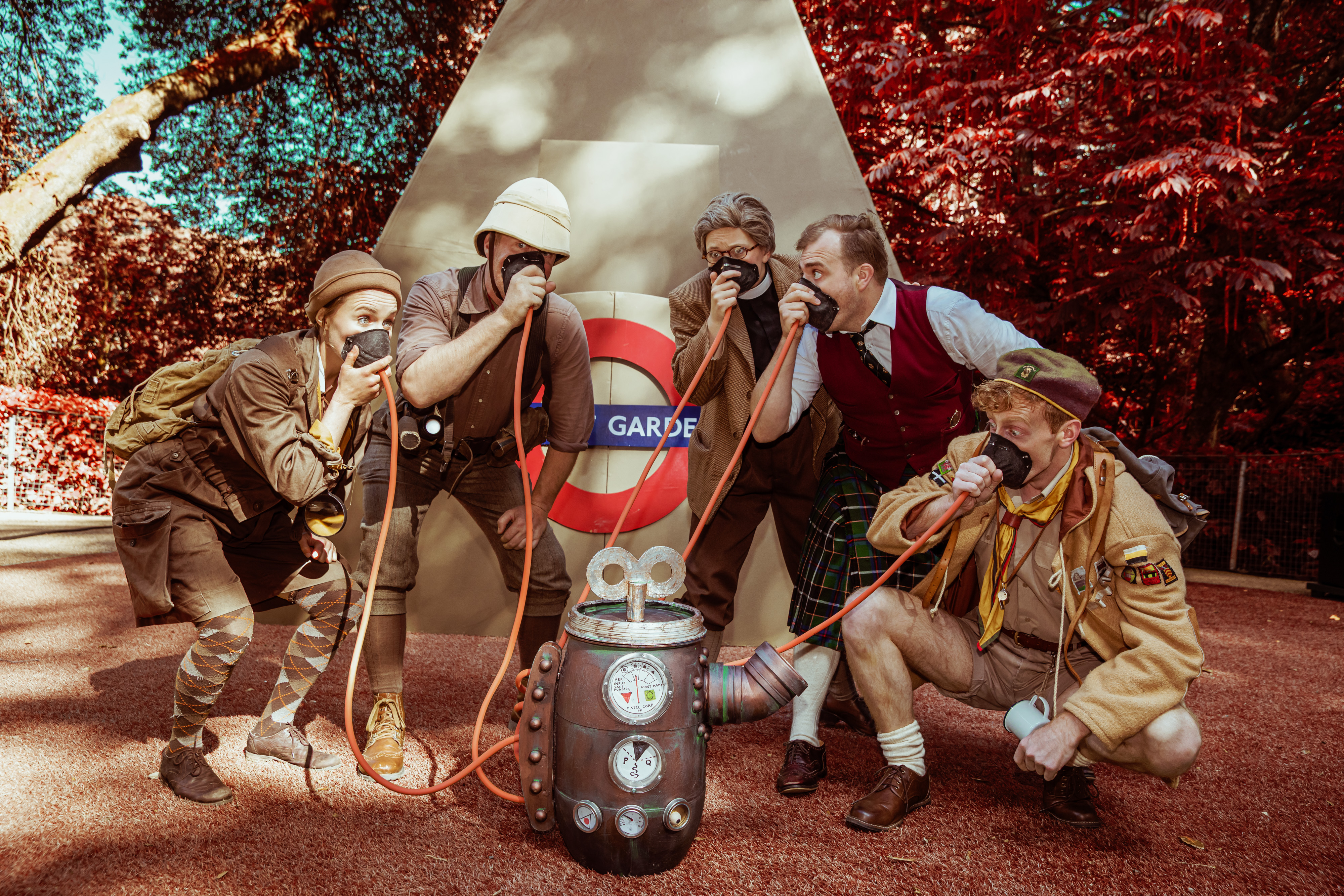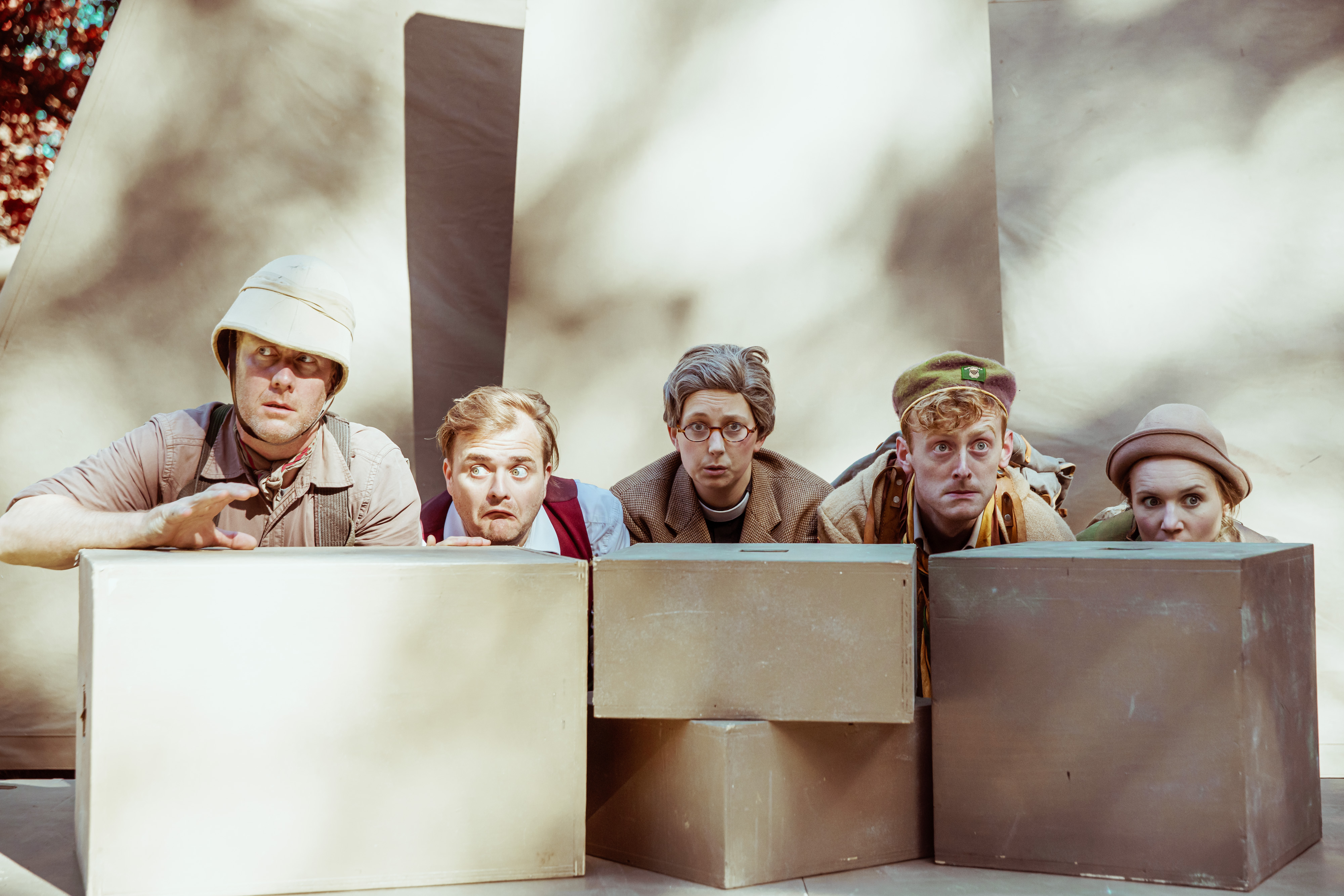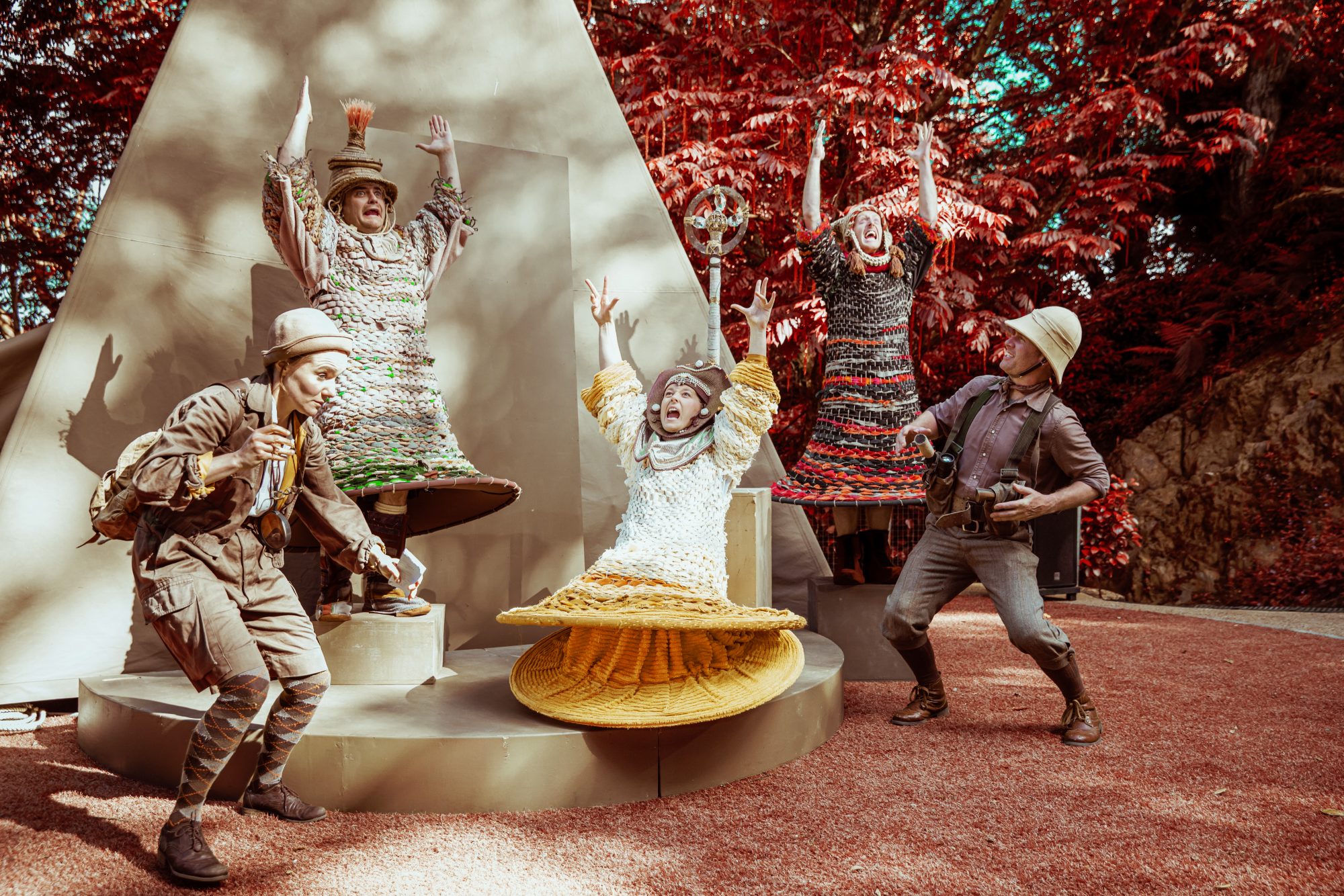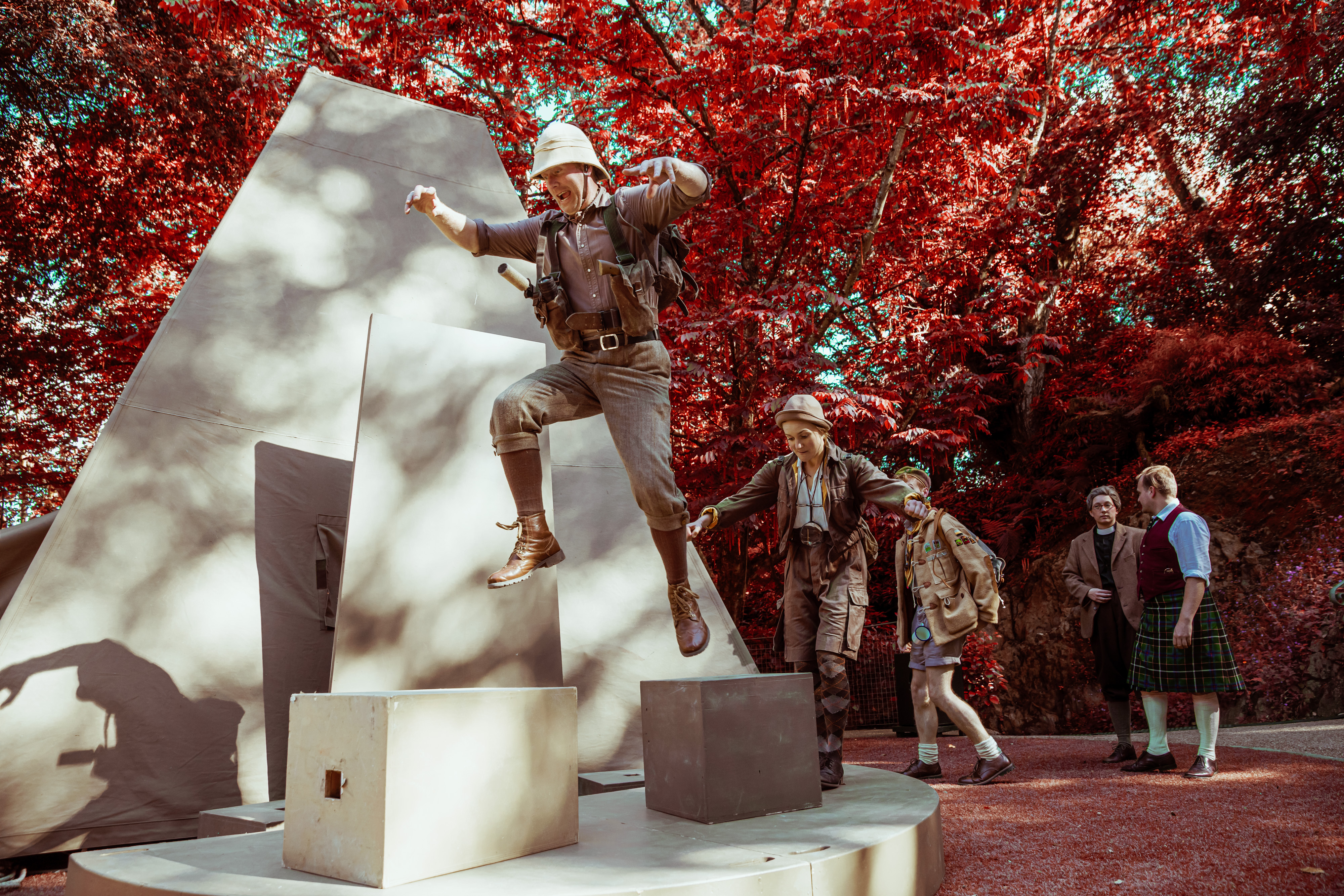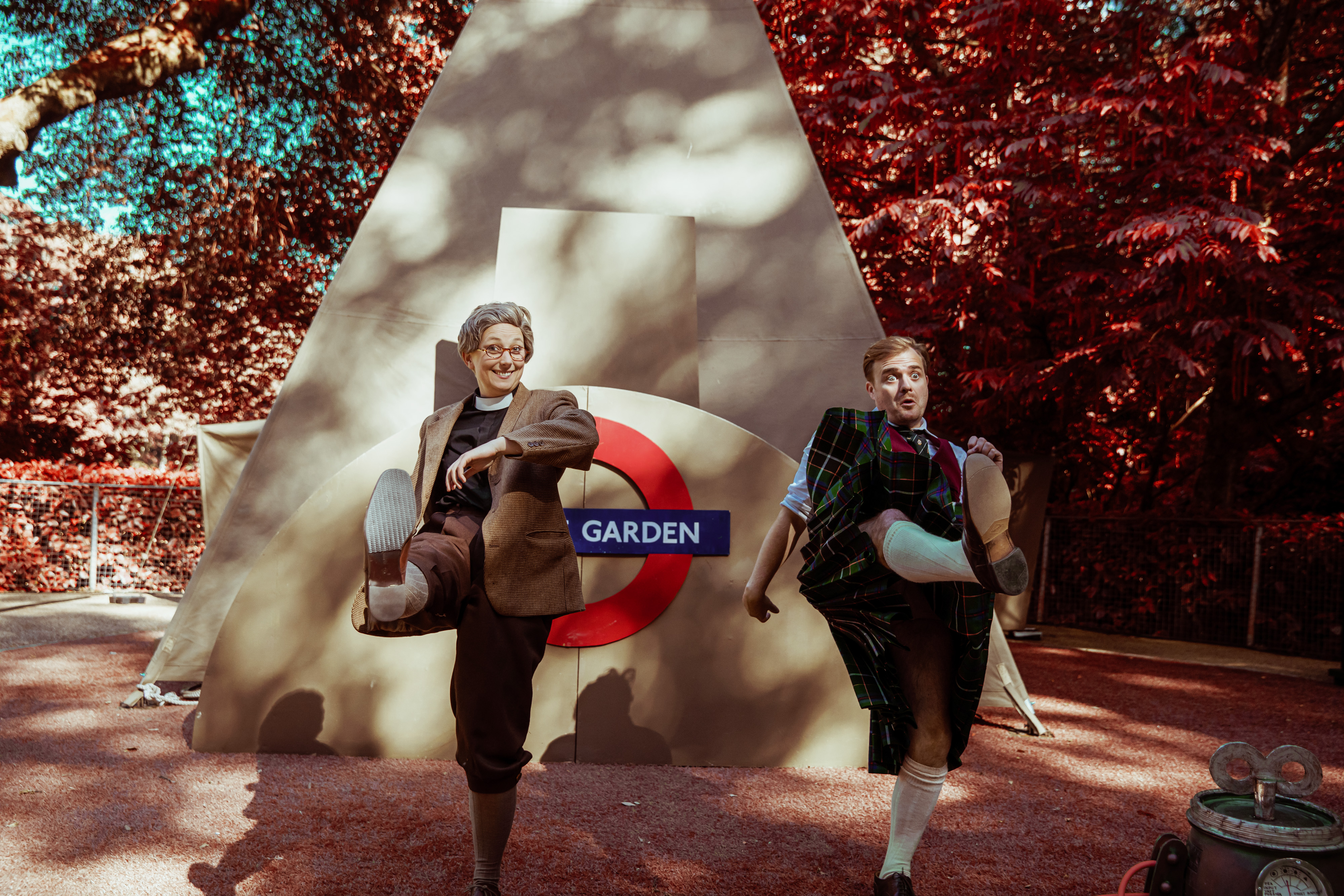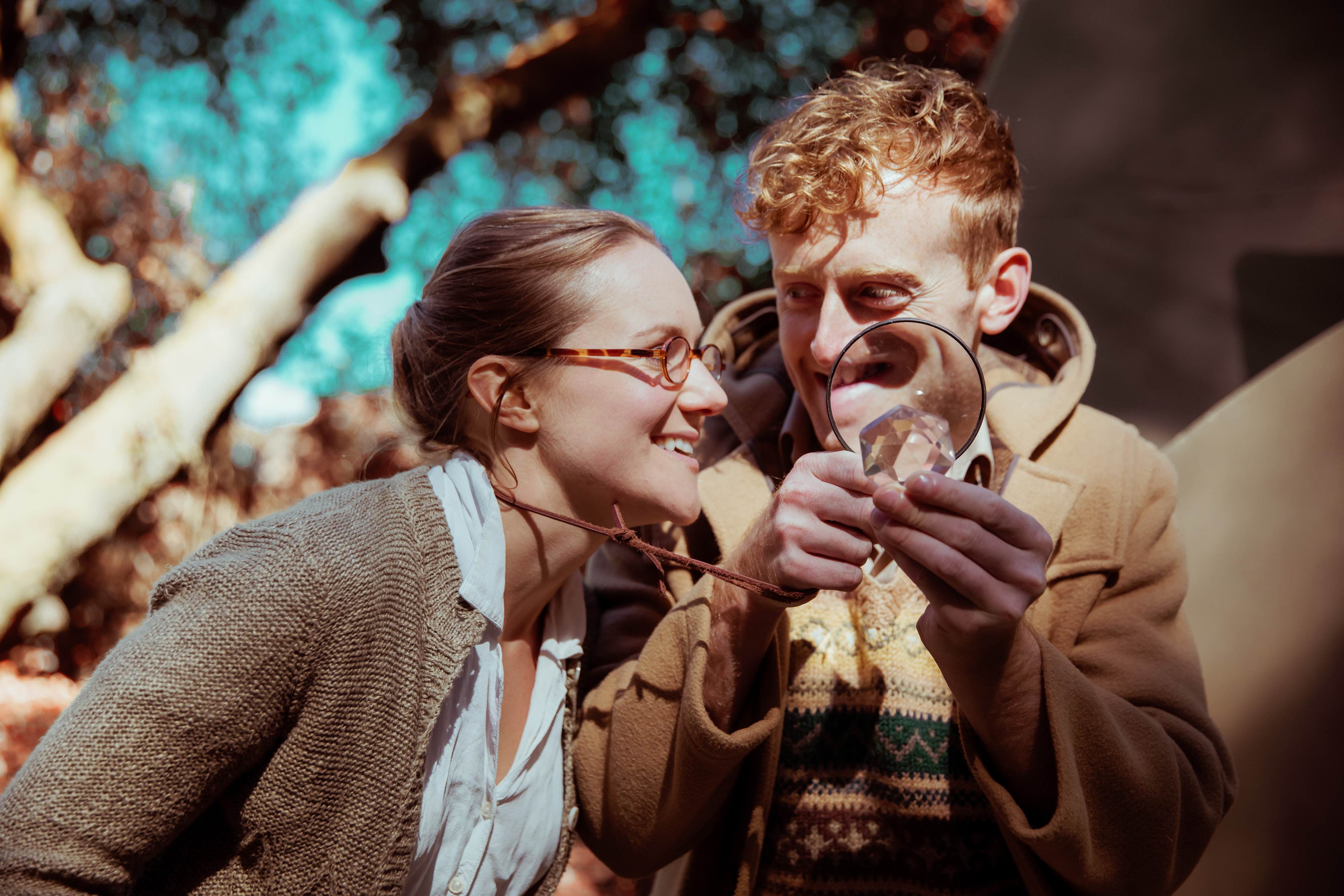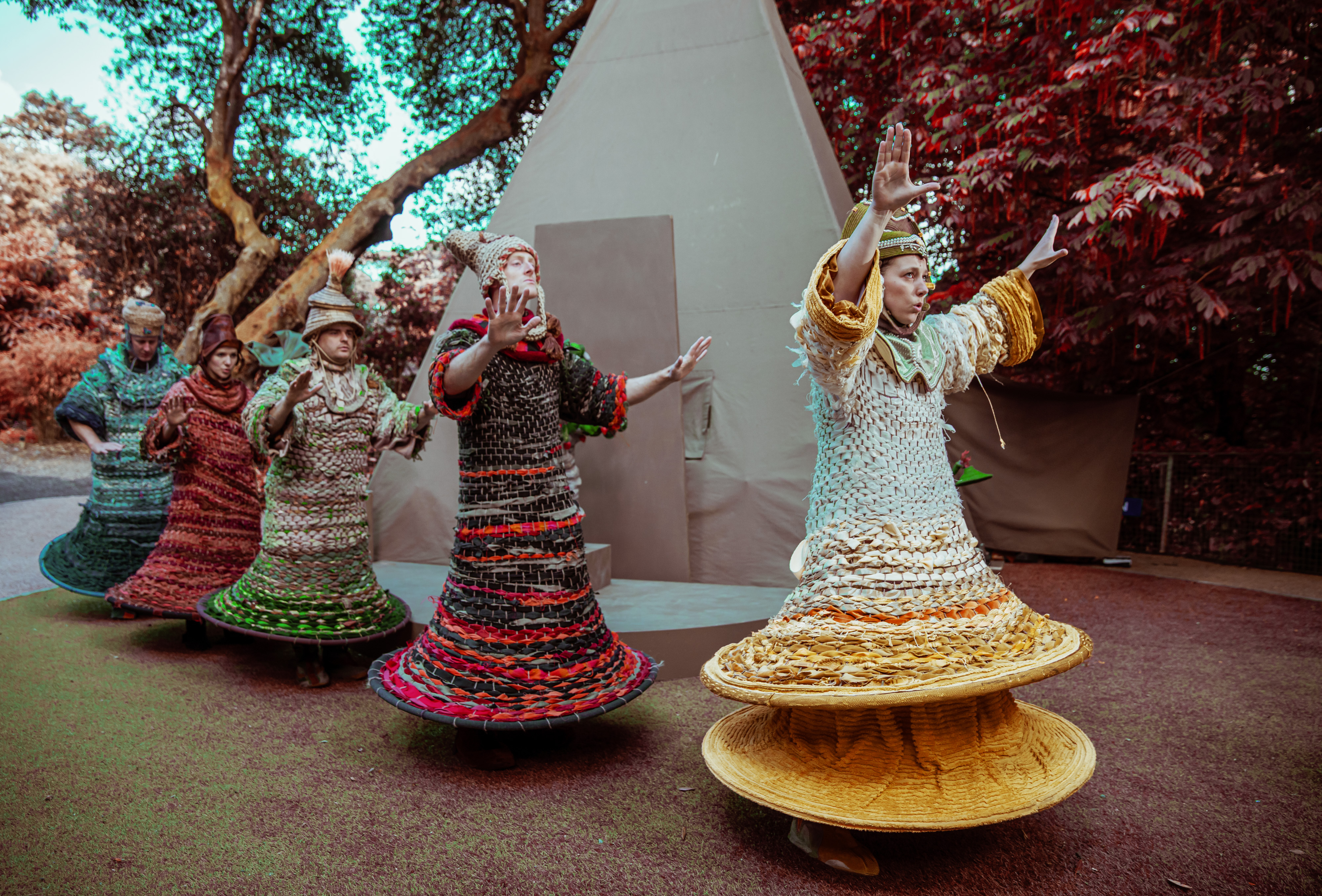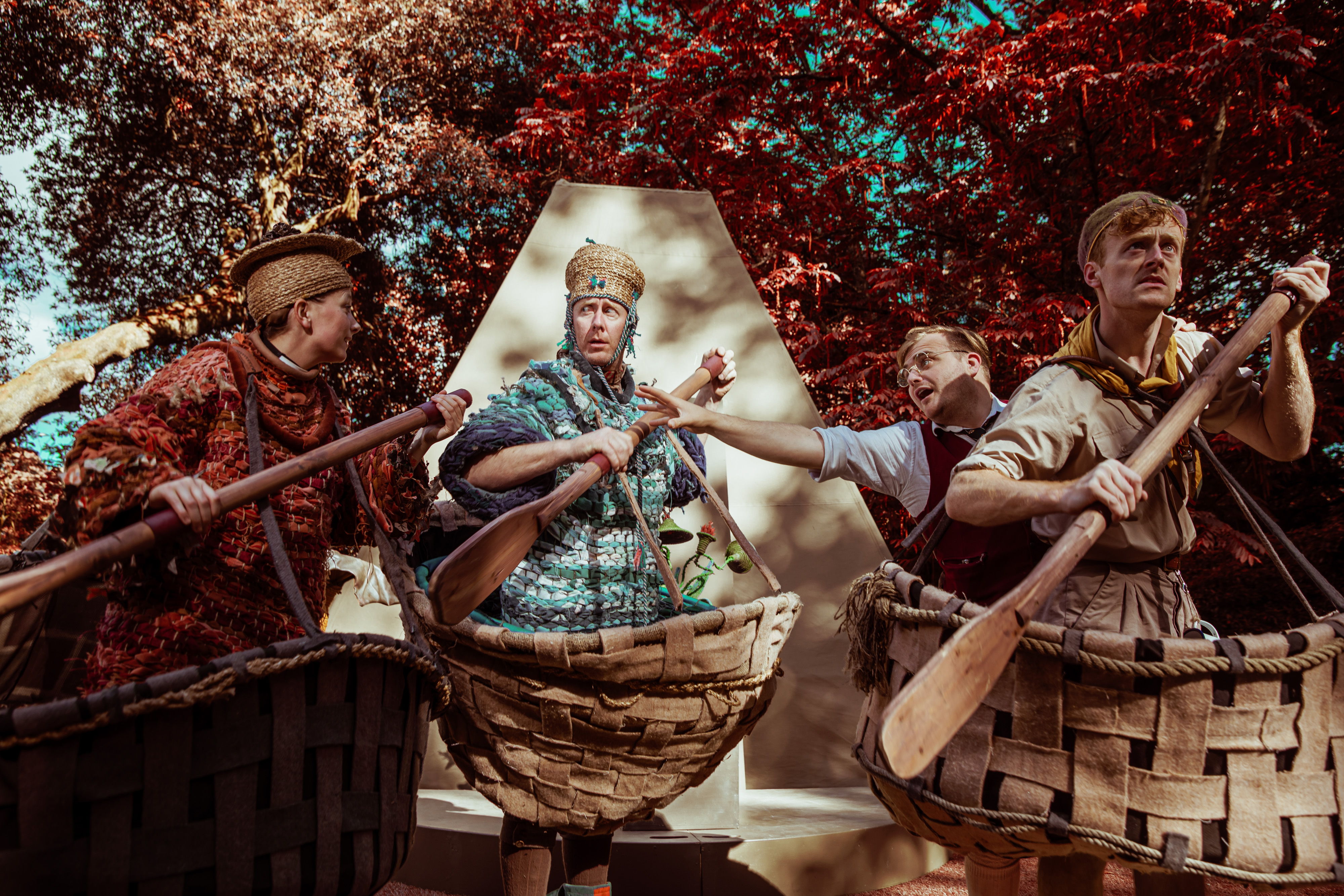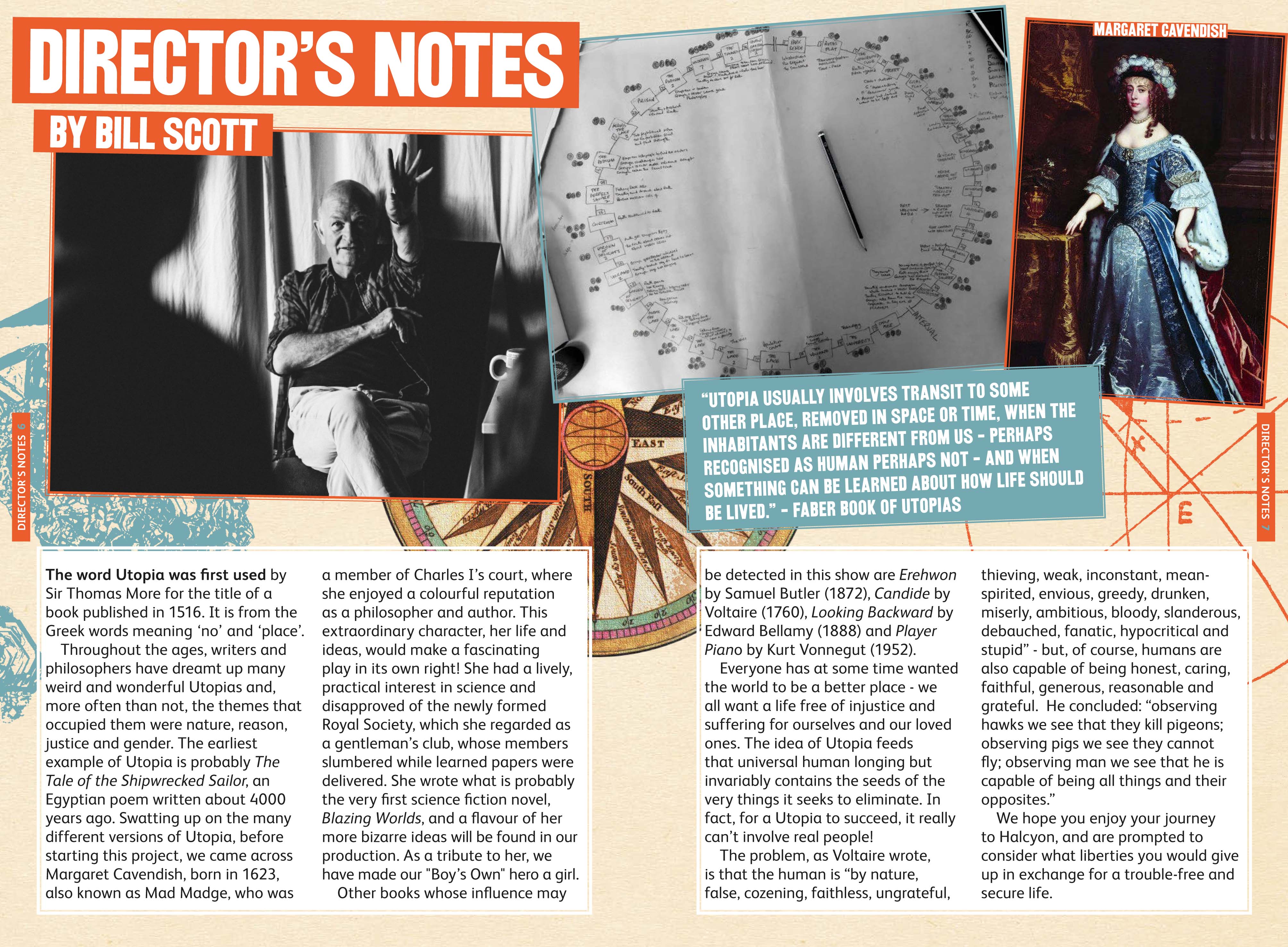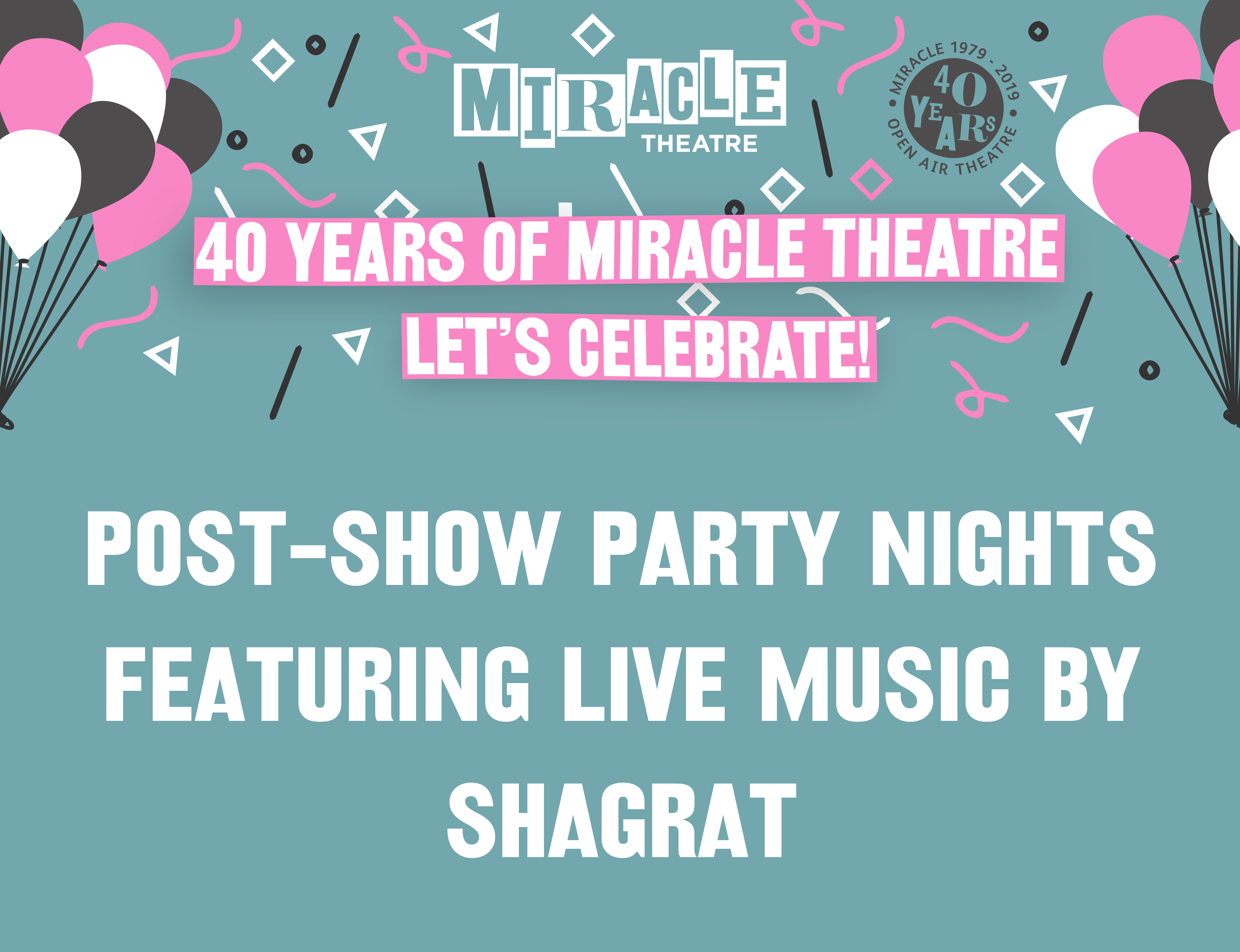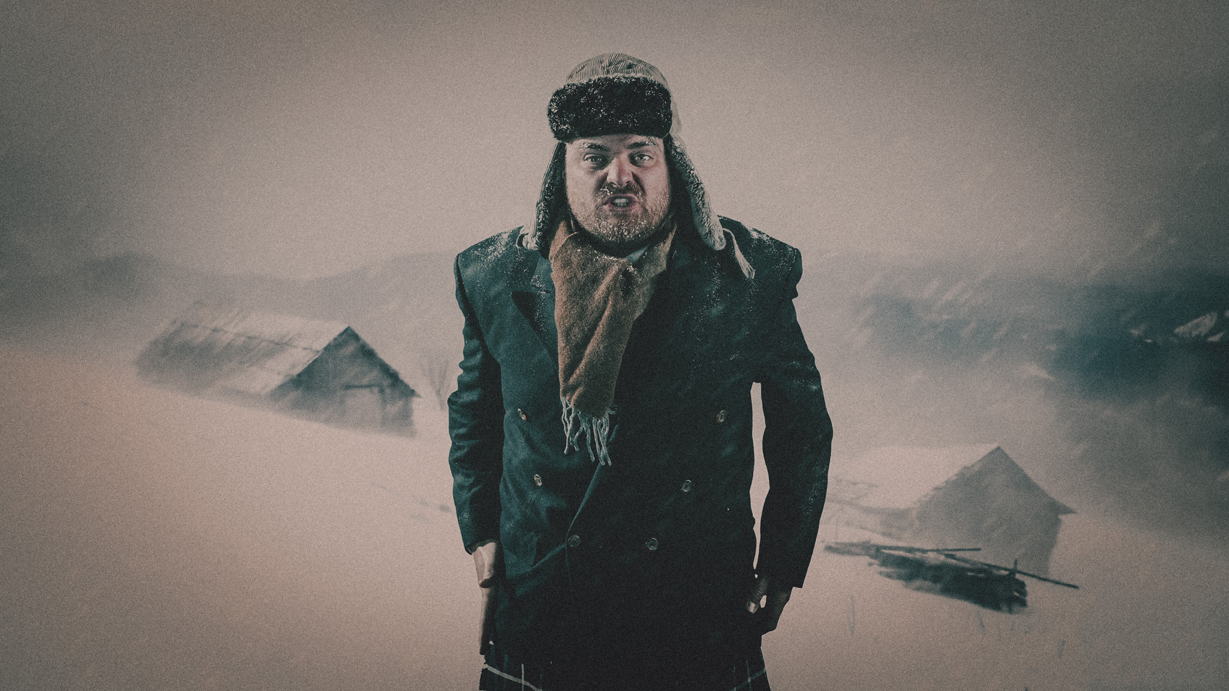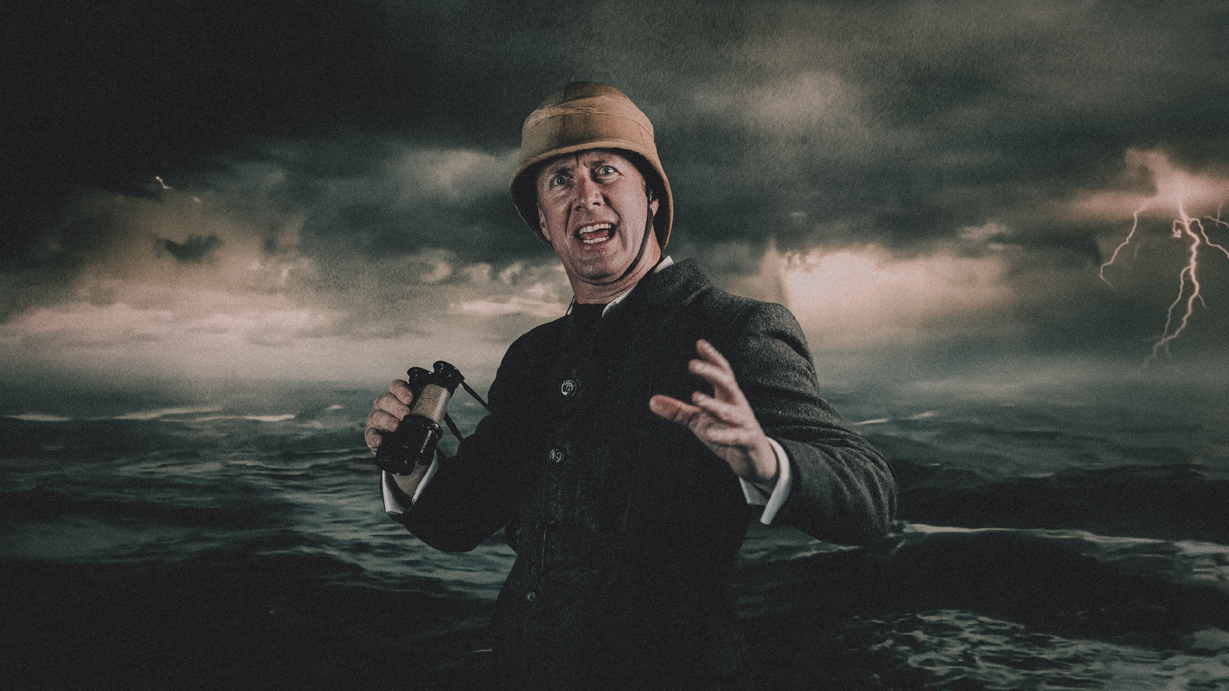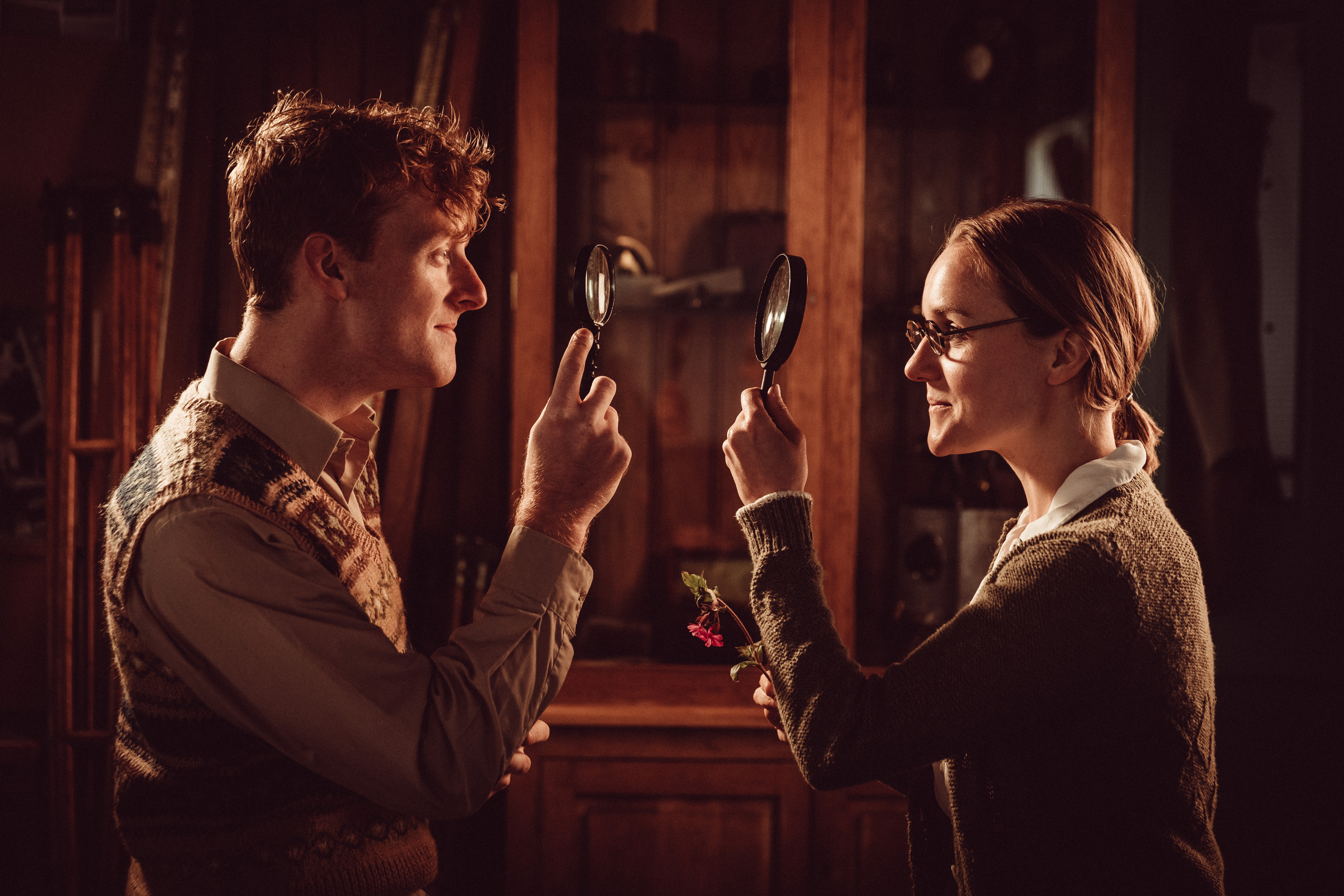A Perfect World
Time Capsule Exhibition
As part of our 40th year celebrations, Miracle has joined forces with the Museum of Cornish Life in Helston to share and celebrate its history with a month-long Miracle Theatre Time Capsule Exhibition this August, along with a series of events and activities, made possible with support from the Heritage Fund. “It’s lovely to have […]
Read the full storyPre-Show Garden Tours at Tregrehan
Tregrehan has been home to the Carlyon family since 1565. Jovey Carlyon’s passion for trees during the late 19th century is evident in the towering specimens seen today. Beneath this canopy Gillian Carlyon’s (1924-1987) renowned collection of camellias flourish. In quiet rebellion against this promiscuous genus, the botanical collection of the current ‘gardener’ (encumbered with […]
Read the full storyComposer’s Notes by Tom Adams
I love adventure! It means stepping into the unknown, not knowing how something is going to turn out. It means risk taking, improvising on the spot and pushing your abilities to a new place. Adventures aren’t over planned. You might have just enough provisions for the journey there but no idea about the journey back. […]
Read the full storyDesigner’s Notes by Jude Munden
The journey of exploring the possible structure and values of a fictitious utopian world is acutely relevant to today’s global challenges, and one which gave me a delightful opportunity to design for maximum reuse of materials while creating an entirely new visual world. The potential appearance of a more sustainable society than the one our […]
Read the full storyDirector’s Notes
“Utopia usually involves transit to some other place, removed in space or time, when the inhabitants are different from us – perhaps recognised as human perhaps not – and when something can be learned about how life should be lived.” – Faber Book of Utopias The word Utopia was first used by Sir Thomas More […]
Read the full storyIN THE BEGINNING
By Simon Parker It all started in 1979 at Perran Round. The medieval playing place, once the setting for religious dramas, had been chosen for the debut performance of The Beginning of the World, adapted by Bill Scott, founder of the fledgling theatre company. ‘It really all came about because after being out of the […]
Read the full storyMeet the Explorers
Daniel Richards, Hannah Stephens, Benjamin Dyson, Rose McPhilemy and Ben Kernow in A Perfect World.
Read the full storyRuth Hopkiss and Timothy Fogg
Ruth Hopkiss and Timothy Fogg played by Rose MicPhilemy and Ben Kernow.
Read the full story